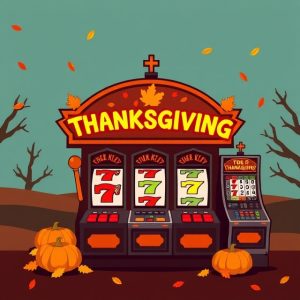Provincial Solicitor General concerned over money laundering fines
Revelations that the British Columbia Lotteries Corporation has been fined Cdn670 000 by a federal agency that tracks such transgressions have prompted cautionary statements from the province’s Solicitor General, Mike de Jong.
De Jong told the Vancouver Sun newspaper Tuesday that he is reviewing reports he has just received about over a thousand violations by the lottery corporation of the federal Proceeds of Crime and Terrorist Financing Act.
"Obviously the facilities are there to administer to members of the public engaged in lawful gaming activities and if some of these early reports are true, yes, it is troubling," de Jong said.
"Gaming is a legitimate activity. It is regulated heavily. We expect both those providing the gaming actrivites and those consumer and customers who use it to abide by the law."
The Solicitor General said that if police need to be more involved in assisting B.C. Lotteries in dealing with potential for abuse by crime groups, he is prepared to look at it.
B.C. Lottery Corp. CEO Michael Graydon confirmed that the Financial Transactions and Reports Analysis Centre of Canada – FINTRAC – issued the fine after BCLC misfiled 1,020 reports for transactions of over $10,000 in B.C. casinos.
Graydon said the penalty also comes because BCLC missed a deadline to implement a program to target potential risks. He said the issues arose from an audit FINTRAC did between Oct. 28, 2009, and Nov. 19 2009, and added that similar issues had been uncovered by FINTRAC before, but said this is the first penalty BCLC has faced on the matter.
"This has been a reoccurring problem through two audits," he said. "That work we thought had been done, another audit was done and we found that in fact it wasn't."
Graydon claimed that improvements have been made since last fall and that the corporation has "been error free since June 1."
Of the 1,020 infractions, 419 were related reports being submitted late to FINTRAC. Another 366 reports were rejected because of clerical errors, such as information that was improperly recorded on the documents.
A further 227 reports were rejected because casino workers did not record information in enough detail to satisfy legal requirements. The final eight improper reports came because people cashed out more than $10,000 without proper identification, and the casino did not do the follow-up required under the law.
Graydon stressed that the issue was one of training. "We have to continue to work with the people at our casinos to make sure that they understand this is the level of detail you need to get to."
"This system that FINTRAC works under was designed really for the banking community and is being applied to our industry. So we're having to make some very significant adjustments to training within the facilities to comply with more of a banking regime than an entertainment regime," he added.
The B.C. Lottery Corp. files up to 50,000 reports to FINTRAC every year.




